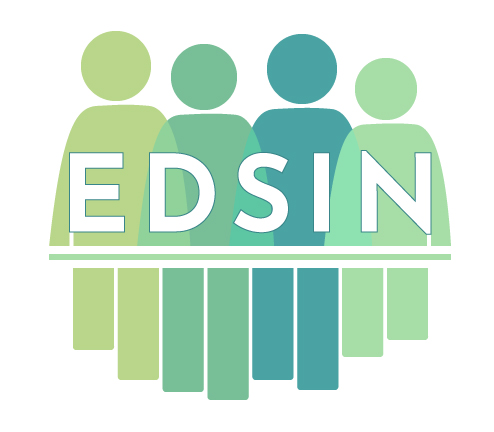Keynote Presentations
Your can view the profiles of all keynote presenters here.
At the Crossroads: Black Faces, White Spaces & Re-thinking Green
Carolyn Finney, Independent Scholar; Tuesday April 2, 2019 9:00 AM
Spatial Justice, Marginal Populations, and Data Integrity
Melinda Laituri, Tuesday April 2, 2019 7:00 PM
Spatial justice refers to the consequential geography of a place where spaces are socially produced. Our increasing dependence on digital data to represent space demands that we adopt practices that reflect how best to capture place. Places reflect where people live; the amenities and emotions associated with living there. However, mapping space through digital technologies often does not reflect the social connections to places. Who lives where and why? Who has access to resources and services and who does not? How are healthy environments measured? Understanding how spatial injustice is created at different spatial scales is an essential part of participatory practices to collect community data. Giving voice and visualization to marginal populations are part of mapping efforts to assess the spatial arrangement of space where communities are integrated and included in such projects. This is a fraught enterprise due to the digital divide, technological challenges and the need to ensure ethical practices in data collection and data integrity.
Integration of Traditional Ecological Knowledge with Big Data and the Recruitment and Retention of Indigenous Students
Marco Hatch; Wednesday April 2, 2019 8:40 AM
One common barrier to STEM engagement in underserved and underrepresented communities is a feeling of disconnection from mainstream science. This attitude is rooted in a history of researchers and decision-makers collecting, analyzing and interpreting data without engaging community members as true partners and equals. Spanning this boundary between ecological research and communities impacted by environmental change is foundational to moving toward a more equitable future focused on solutions that serve under-resourced communities facing the brunt of environmental degradation and climate change. Great strides have been made toward the goals of democratizing conservation science, empowering local communities to engage with mainstream research on a level playing field. However, these initiatives are subject to a few common pitfalls such as, projects that do not fully account for the social-cultural context of the community, projects that fail to understand the foundationally different worldview of Indigenous communities. These pitfalls can lead to partnerships with the unstated goal of “making them like us”, where the actions of the partnership are structured such that the decision-making power and authority is retained within the STEM disciplines, and if community members want access to that authority, they must conform their worldview to mainstream science. We believe that spanning this boundary between local communities and mainstream science will increase social justice, increase the relevance of conservation science, and open new opportunity spaces for all involved. Central to the success of this vision are boundary spanners.
In Pursuit of Inclusive Excellence in the Environmental Sciences
Melvin Hall; Wednesday April 2, 2019 9:35 AM
Actually, Data Science CAN Be Accessible: Barriers to inclusion of people with disabilities in the data science workforce pipeline and ideas for lowering them
Drew Hasley; Wednesday April 3, 2019 10:30 AM
If you were designing a course or employee training that introduces participants to writing and executing code, statistical analyses, and data visualization, what would you do to make it inclusive of participants with disabilities? What sorts of accessibility issues might you anticipate? How might you address them before you even know who the participants are? Why shouldn’t you just wait until you have a participant with a disability and work with them directly to make accommodations? Confidently answering such questions can be daunting. It requires knowing what disability is, awareness of some barriers to participation in data science by people with disabilities, some knowledge of tools and strategies for lowering those barriers, and above all, creativity. In this talk, I will address each of these, drawing on personal experience as a student and professional with a severe visual impairment, and knowledge gained from colleagues and friends during ongoing efforts in the area of accessible teaching in quantitative biology. Audience members will leave this talk with a better understanding of barriers to recruitment and training of people with disabilities in data science and some tools and strategies to lower them. They will also learn about areas requiring more attention. My primary goal is to leave audience members with the confidence that they can indeed help address the substantial underrepresentation of people with disabilities in this vital, growing field.
Understanding the Dynamics of Socio-Epidemiological Systems: Tipping Points and Models of Contagion
Carlos Castillo-Chavez; Wednesday April 4, 2019 8:40 AM
The spread of fads, scientific ideas and the growth and stability of communities can also be understood as contagions. In this talk, I would focus on contagion in all its glory, including its role on building communities of mentors and understanding the role that initial conditions should play in our definition of meritocracy.
